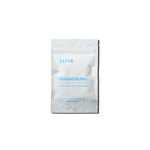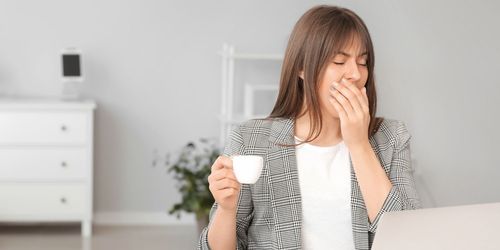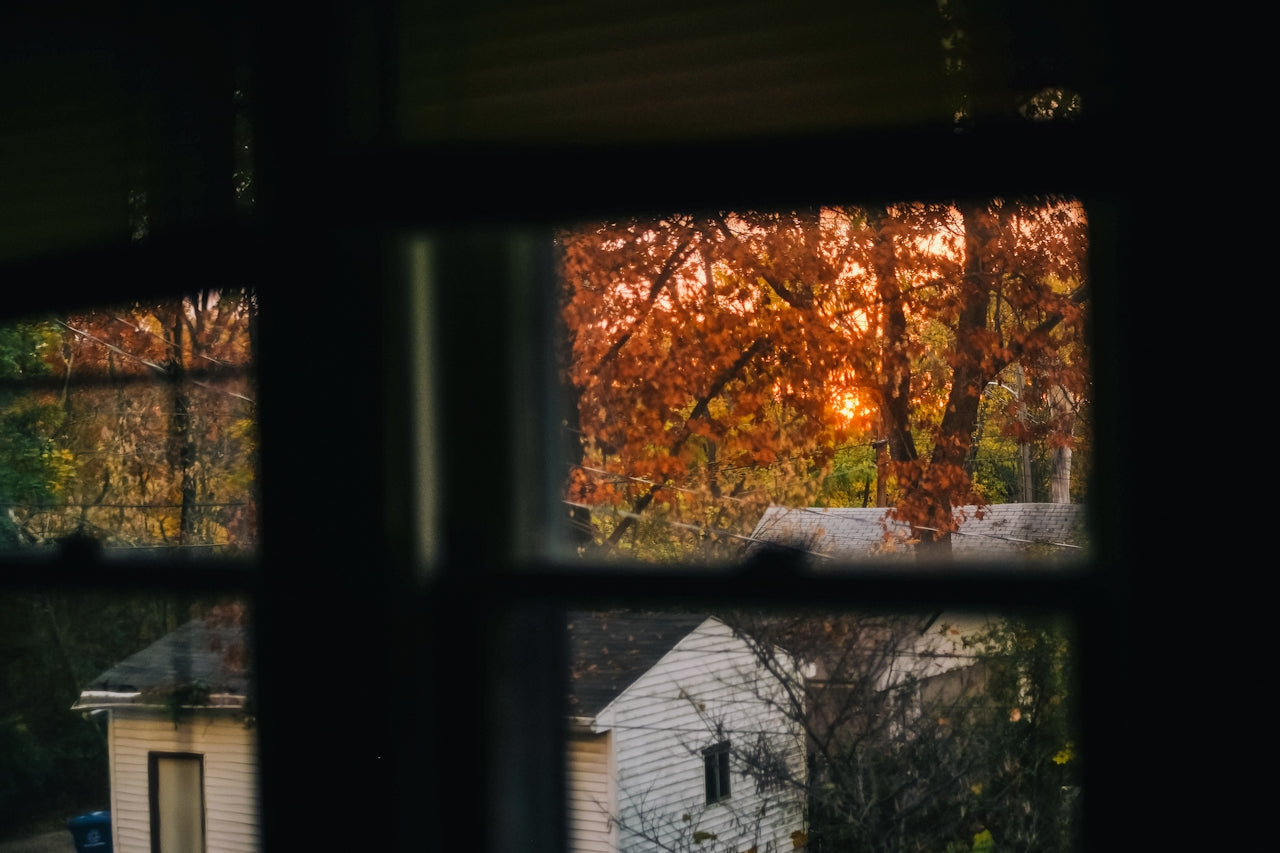Stress and Sleep Tips for Busy Professionals
In today’s fast-paced world, balancing a demanding career with a healthy lifestyle is no small feat, especially when it comes to managing stress and getting adequate sleep. For many professionals, a stressful routine often leads to poor sleep, which can become a vicious cycle affecting health, productivity, and overall quality of life. This blog explores practical strategies to break this cycle by managing stress and enhancing sleep quality.
- Understand the Link Between Stress and Sleep
- Establish a Soothing Pre-Sleep Routine
- Optimise Your Sleep Environment
- Incorporate Physical Activity into Your Day
- Mindfulness and Relaxation Techniques
- Seek Professional Help If Needed
Understand the Link Between Stress and Sleep
Stress and sleep have a bidirectional relationship: high stress can lead to poor sleep, and insufficient sleep can increase stress levels, creating a relentless loop. Understanding this interaction is crucial. Prolonged stress elevates cortisol levels, which can disrupt sleep patterns. Conversely, a good night’s sleep can enhance your resilience to stress. According to a study cited by the Sleep Foundation, managing stress is a fundamental step to improve sleep quality and duration.
Establish a Soothing Pre-Sleep Routine
Creating a relaxing bedtime routine is essential to wind down and signal your body that it’s time to sleep. This may include activities such as reading a book, taking a warm bath, or practising relaxation exercises. Avoid stimulants like caffeine and electronics that emit blue light, as recommended by sleep experts, because they can interfere with the ability to fall asleep.
Optimise Your Sleep Environment
Your bedroom should be a sanctuary for sleep. Ensure it is cool, quiet, and dark. Invest in a comfortable mattress and pillows. Consider using blackout curtains and white noise machines to block out light and noise. As pointed out by researchers at Harvard Medical School, the physical environment can significantly influence sleep quality and, subsequently, mental health.
Incorporate Physical Activity into Your Day
Regular exercise is a potent stress reducer and sleep enhancer. However, timing is key. Engaging in vigorous exercise too close to bedtime can have the opposite effect. Aim to complete any intense workouts at least three hours before you plan to retire. Moderate activities like yoga or a gentle walk can be beneficial closer to bedtime and are excellent for decompressing after a stressful day.
Mindfulness and Relaxation Techniques
Mindfulness meditation, deep breathing exercises, and progressive muscle relaxation are proven methods to reduce stress and improve sleep. Spend a few minutes each day practising these techniques. Not only do they ease the mind, but they also prepare the body for a restful night. For guided exercises, apps like Headspace provide accessible sessions that can be done anytime during the day or before sleep.
Seek Professional Help If Needed
Persistent sleep disturbances and high stress might indicate deeper issues such as anxiety or insomnia. If self-help techniques don’t improve your sleep or stress levels, consider seeking professional advice. A healthcare provider can offer treatments such as cognitive behavioural therapy for insomnia (CBT-I), which has been shown to be an effective treatment for sleep disorders.
Conclusion
While stress is an inevitable part of life, particularly in a professional setting, it doesn’t have to undermine your sleep. By understanding how stress impacts sleep, creating a conducive sleep environment, and employing strategies to manage stress levels, busy professionals can enjoy both more productive days and restful nights. Remember, small changes can make a significant difference in your overall well-being and performance. So, start incorporating these practical tips tonight, and wake up to a brighter, energised tomorrow.
References:










